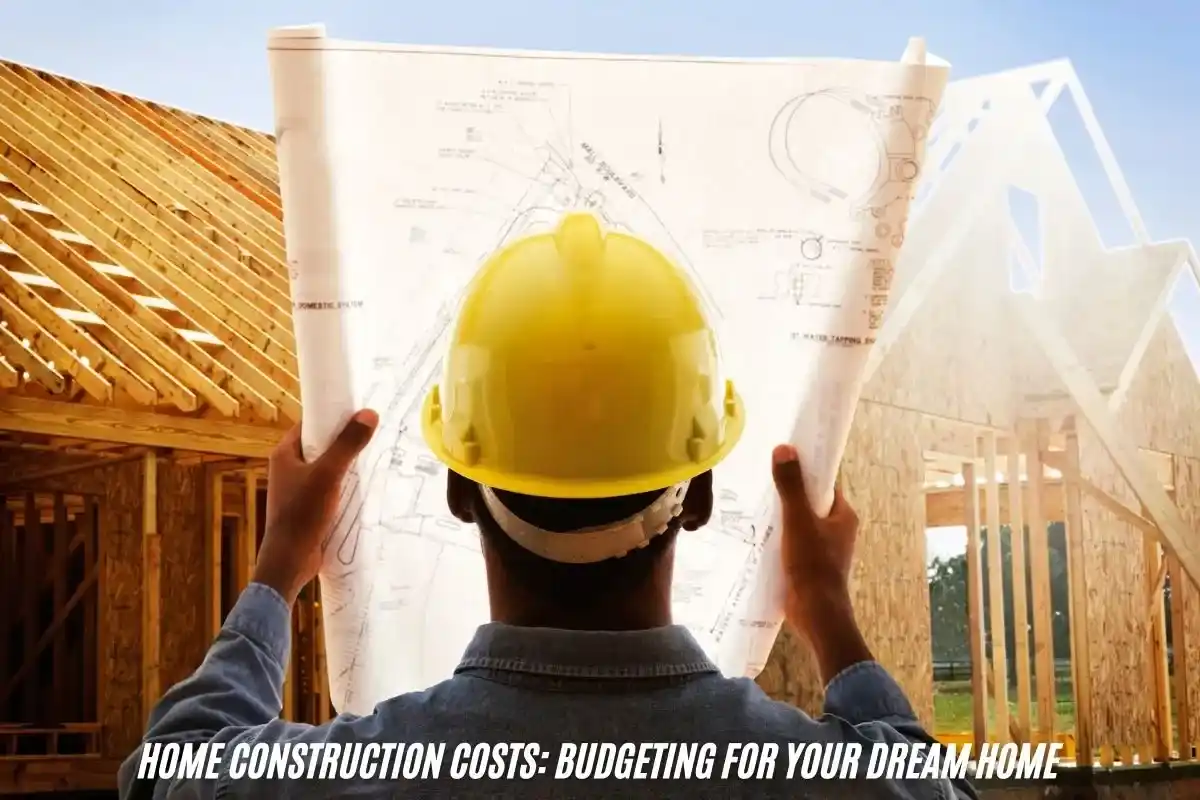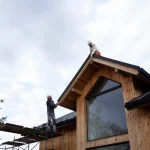Building a home is a significant investment that requires careful planning and budgeting. To ensure a smooth and stress-free process, it’s crucial to understand the various factors that can impact your construction costs.
Key Factors Affecting Home Construction Costs
- Location: The cost of land and labor can vary significantly depending on your location. Urban areas tend to be more expensive than rural areas.
- Size and Complexity: Larger homes with complex designs and custom features will naturally cost more than smaller, simpler homes.
- Materials: The choice of materials, such as wood, brick, or stone, can significantly impact your budget. High-quality materials often come with a higher price tag.
- Labor Costs: The cost of labor can vary depending on your location and the complexity of the project. Skilled labor is often in high demand, which can drive up costs.
- Permits and Fees: You’ll need to obtain various permits and pay fees for inspections, which can add to your overall costs.
- Utilities and Infrastructure: The cost of connecting your home to utilities like water, electricity, and sewer can vary depending on your location.
- Landscaping: The cost of landscaping can range from basic lawn care to elaborate landscaping designs.
- Unexpected Costs: It’s always wise to budget for unexpected costs, such as material shortages, labor strikes, or unforeseen design changes.
Budgeting Tips for Home Construction
- Create a Detailed Budget: Break down your costs into categories like land, labor, materials, permits, and contingencies.
- Get Multiple Quotes: Obtain quotes from multiple contractors to compare prices and services.
- Consider Alternative Building Methods: Modular or prefab construction can be more cost-effective and efficient.
- Prioritize Your Needs: Focus on essential features and avoid unnecessary extras that can drive up costs.
- Shop Around for Materials: Compare prices from different suppliers to find the best deals.
- Monitor Your Budget Closely: Regularly review your budget and make adjustments as needed.
- Communicate with Your Contractor: Maintain open communication with your contractor to avoid misunderstandings and cost overruns.
A Homeowner’s Journey
When I decided to build my dream home, I quickly realized that budgeting was crucial. I researched different building materials, compared quotes from multiple contractors, and prioritized the features that were most important to me. By being mindful of my budget and making informed decisions, I was able to build a beautiful and functional home without breaking the bank.
By carefully considering these factors and following these tips, you can build your dream home without breaking the bank. Remember, it’s essential to balance your budget with your vision to create a home that you’ll love for years to come.
How to Budget for Home Construction
Understanding Your Budget:
- Determine Your Budget: Set a realistic budget based on your financial situation. Consider factors like property costs, construction costs, and additional expenses.
- Break Down Costs: Divide your budget into categories like land, permits, labor, materials, and contingencies.
- Prioritize Needs vs. Wants: Identify essential features and prioritize them in your budget.
- Factor in Unexpected Costs: Always allocate a portion of your budget for unforeseen expenses.
Tips for Effective Budgeting:
- Get Multiple Quotes: Obtain quotes from multiple contractors to compare prices and services.
- Consider Alternative Building Methods: Explore options like modular or prefab construction, which can be more cost-effective.
- Shop Around for Materials: Compare prices from different suppliers to find the best deals.
- Negotiate with Contractors: Don’t be afraid to negotiate with contractors to get the best price.
- Monitor Your Budget Regularly: Keep track of your expenses and make adjustments as needed.
Benefits of Careful Budgeting:
- Avoid Financial Stress: A well-planned budget can help you avoid financial stress and debt.
- Achieve Your Dream Home: Proper budgeting ensures you can build the home you desire.
- Peace of Mind: Knowing your finances are under control can provide peace of mind throughout the construction process.
Frequently Asked Questions (FAQs):
Q: How much does it cost to build a house?
A: The cost of building a house varies widely depending on factors like location, size, materials, and labor costs. It’s essential to get multiple quotes and create a detailed budget.
Q: How can I save money on construction costs?
A: Consider alternative building materials, negotiate with contractors, and prioritize essential features. You can also explore government incentives and tax breaks.
Q: What are some common hidden costs in home construction?
A: Hidden costs can include permits, inspections, utility hookups, and unexpected site conditions. It’s important to factor these costs into your budget.
Q: How can I ensure my project stays on budget?
A: Regular communication with your contractor, detailed budgeting, and careful monitoring of expenses can help keep your project on track.
By following these tips and carefully planning your budget, you can build your dream home without breaking the bank.
Would you like to know more about specific aspects of home construction costs, such as financing options or energy-efficient building techniques?










